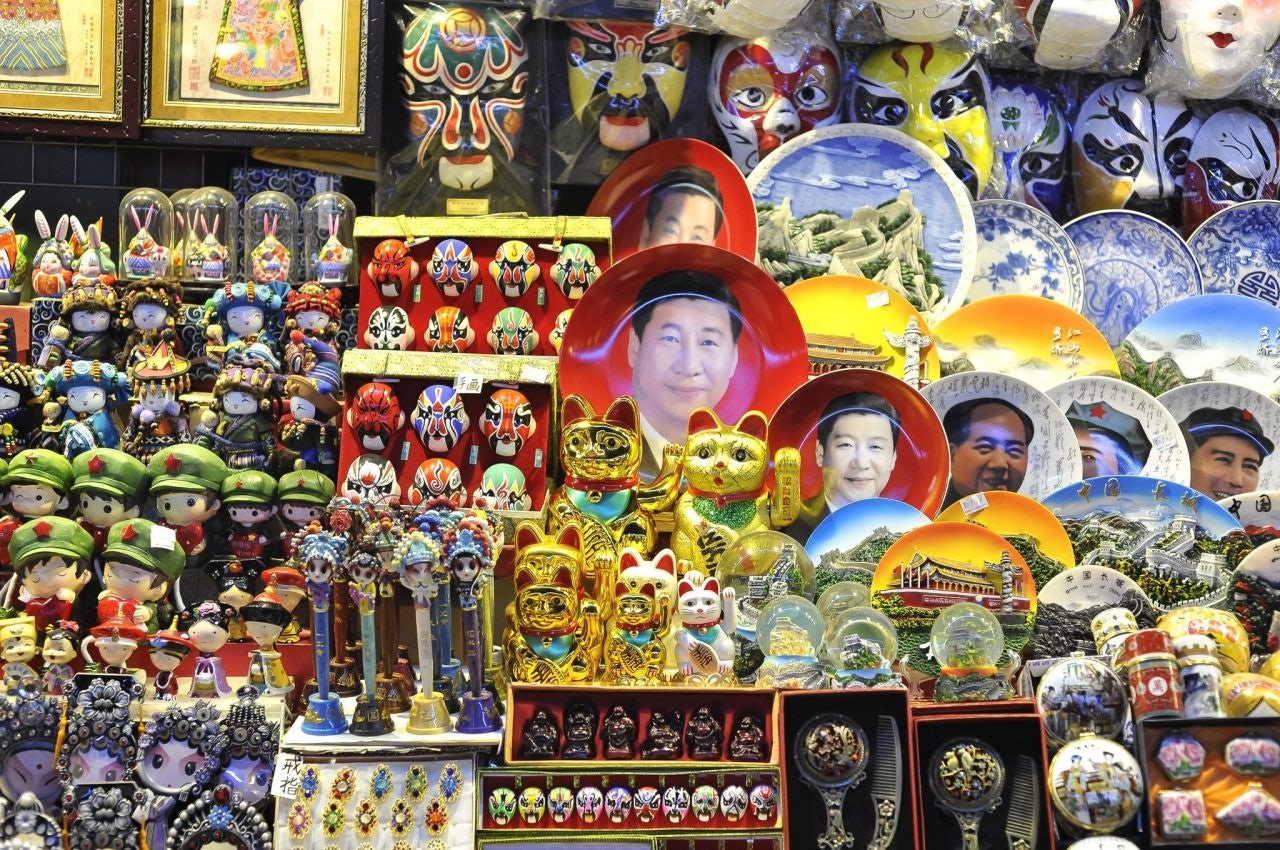In The Review, we round up breaking news discussed in our daily newsletter, The Daily Brief. This week, we discussed:
- What Xi Jinping's power grab means for foreign brands,
- The enduring popularity of "China Red" in Chinese fashion,
- China's 33 percent growth in consumption of Cuban cigars,
- Fosun's continued appetite for acquisitions, despite close state scrutiny, and
- Tencent CEO Pony Ma surpassing Real Estate tycoon Hui Ka Yan to become China's richest man.
Monday, February 26#
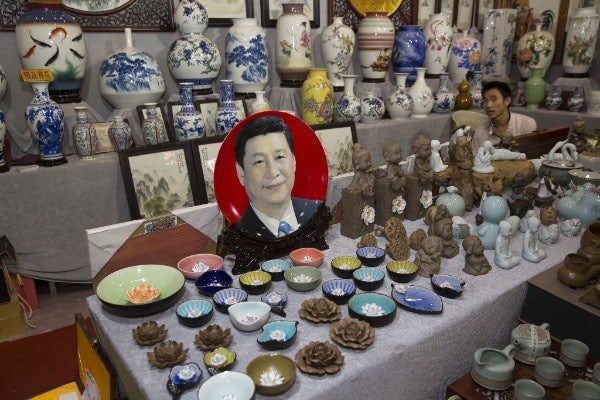
In a wry subhead published last year, The Economist called Chinese President Xi Jinping “The Life and Soul of the Party”. He may not be quite that charismatic, but as the Cult of Xi emerges, nor is he some disposable paper plate. Xi seems destined to remain in power longer than the ten year term served by his predecessors after China announced a proposed amendment to its constitution that would dismantle the current term limit. The change comes one month before Xi, 64, completes his fifth year in office.
What does this mean for foreign brands and businesses in China? According to Xi himself, it’s good news. “The China which has opened up will not close, but will open wider and wider,” he said. Others are more skeptical, including foreign ambassadors and business leaders, and Forbes, which argues that foreign companies will be increasingly pushed out of “strategic industries, including aircraft, biotechnology, semiconductor and new energy vehicles.”
More worrying for luxury brands is the fact that, under Xi, China has sought to limit foreign cultural influence, cracking down on the VPNs global businesses rely on when operating in China, as well as what it sees as decadent foreign culture, including hip-hop and anime, two major currents in youth culture designers often reference in their attempts to reach millennials. For more on how the current political environment impacts luxury brands, read our report here.
Tuesday, February 27#
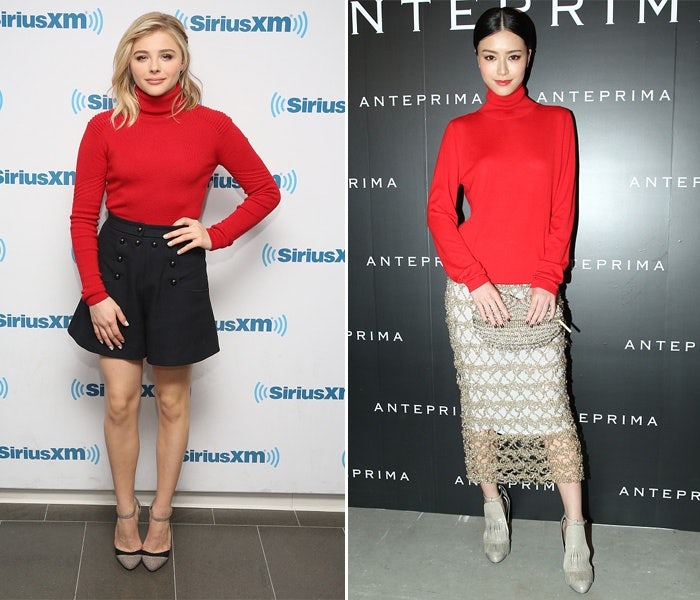
Chinese people are better at wearing red, according to an article published on Vogue China (Chinese only) this month. The color may not be as good a match for Chinese people’s skin tones, they write, but because bold reds can expand the form, they look better on smaller frames. ‘China Red’ is also a good look politically as Chinese nationalism rises under Xi Jinping. We covered the China Red trend in our discussion of runway shows back in 2014, but the color is so central to the culture that it never really goes away.
Wednesday, February 28#
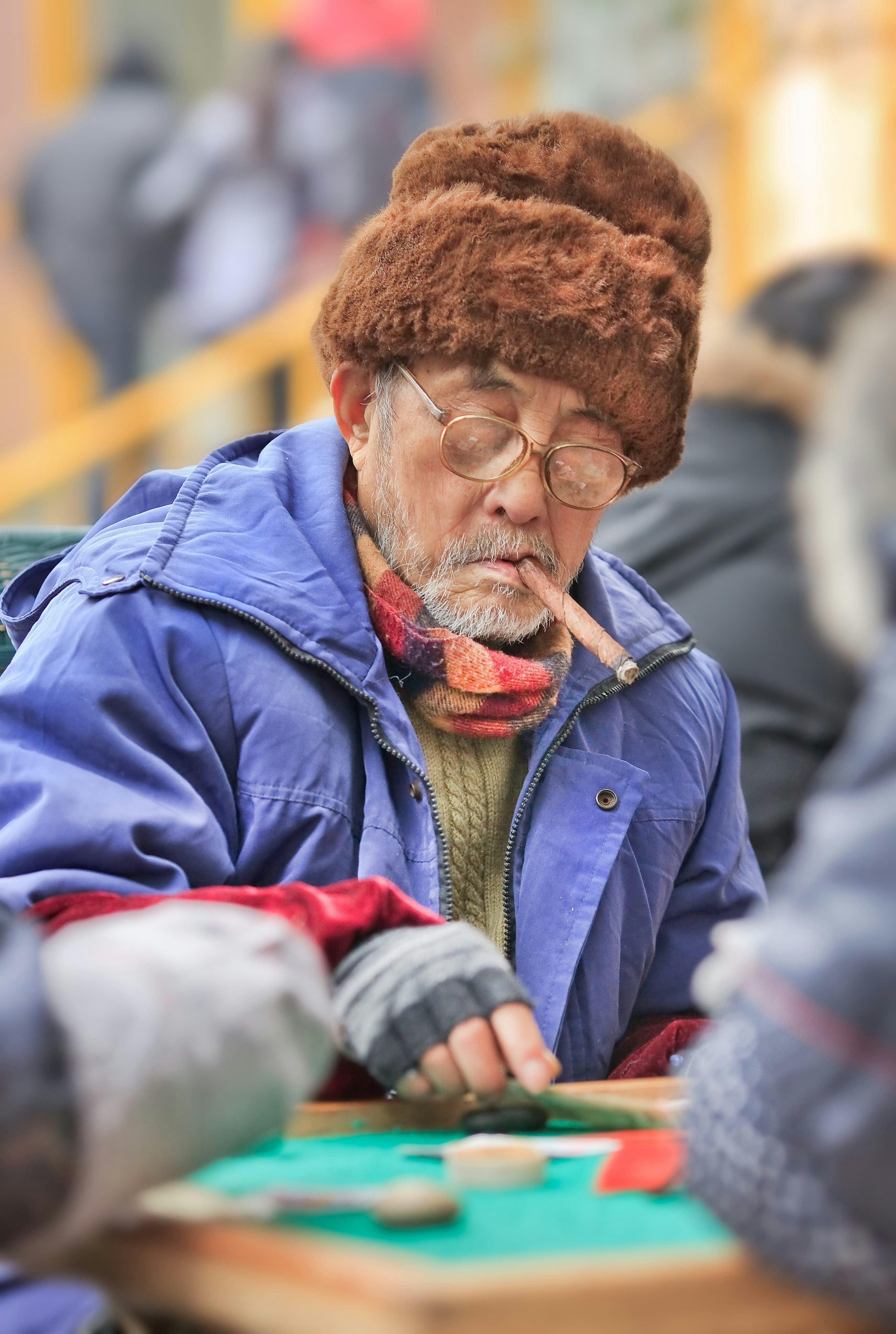
Sales of Cuban cigars rose 12 percent to hit a record $500 million in 2017 on the back of strong growth in China. China is only the third largest market for the cigars, after Spain and France, but sales there are growing faster, jumping 33 percent last year. "Without doubt, there is potential for China to become the biggest market at a global level," said Jose María Lopez, Vice President of Development at Habanos. Habanos S.A., which holds a monopoly on Cuban cigars, is a 50-50 joint venture between Cuba and Britain’s Imperial Brands Plc. China’s luxury consumer price index has risen twice as fast as inflation in the decade since 2007. Read our report here.
Thursday, March 1#
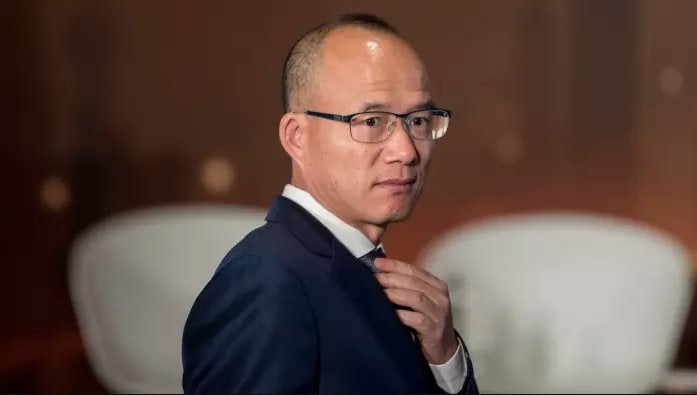
Guo Guangchang (郭广昌) has reason to feel his tie might be a little tight. The CEO of Fosun International, which recently bought Lanvin, is continuing to acquire new businesses abroad at a time when such moves are under close scrutiny.
Just days ago, The Financial Times reported that China has seized control of Anbang, the Chinese mega-corporate that Wu Xiaohui grew from a $60 million car insurance company into a $310 billion empire whose assets include New York’s Waldorf Astoria. Wu was detained in a midnight raid in June last year for alleged fundraising fraud and embezzlement, though capital flight is a key underlying concern for China.
According to Guo, “Our overseas investments are approved by the Chinese government and the local governments, not just in Europe but globally. We are very transparent . . . The Chinese government is very law oriented so they support the companies who respect the law.” Read our story anticipating Fosun’s acquisition of Lanvin here.
Friday, March 2#
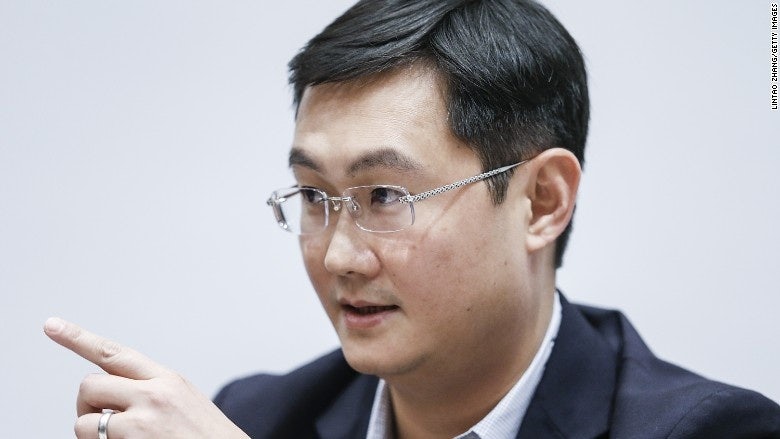
In case you needed any more proof that WeChat is the single most important cultural institution in China, parent company Tencent's CEO, Pony Ma (马化腾), has surpassed Real Estate tycoon Hui Ka Yan to become the wealthiest person in China. Ma's personal fortune is now estimated at around 47 billion, with much of it bound up in his nine percent stake in Tencent, whose share price doubled last year. Read our story about how luxury brands can best utilize WeChat in the Year of the Dog here.
